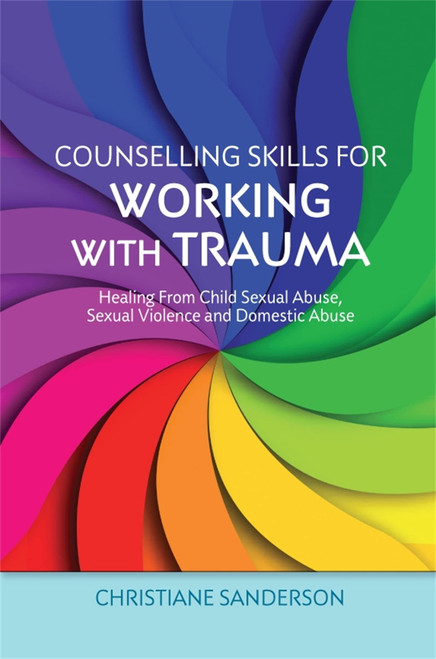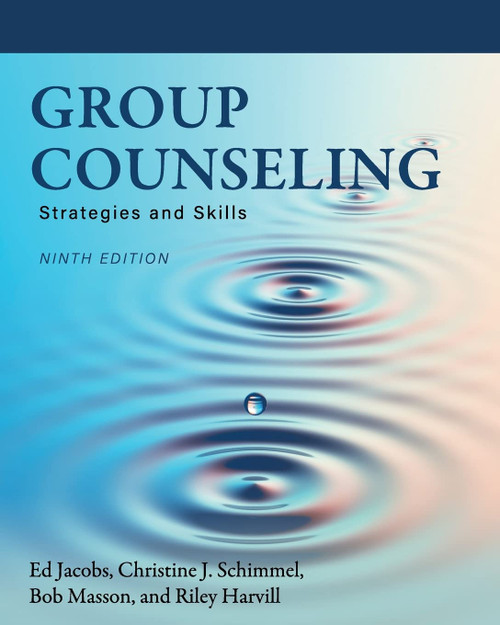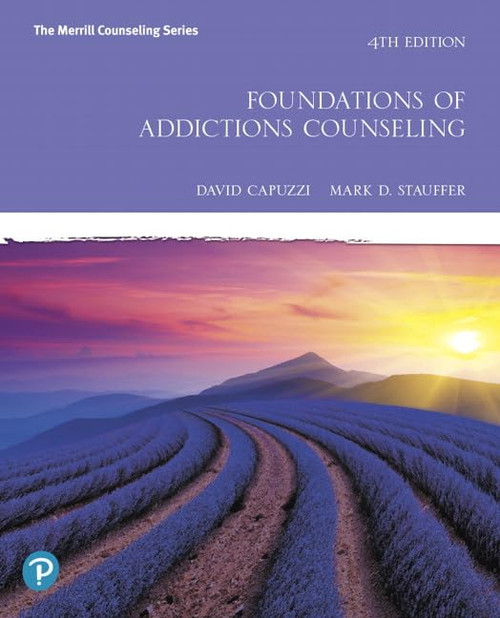An in-depth guide to the counseling process and establishing a trusting relationship with clientsfrom a bestselling author and grieving expert
Helping people in grief means being an empathetic companionsomeone who allows grievers to be experts of their own experiences, who bears witness without judging, who gently encourages the expression of thoughts and feelings. But even if you approach the work with this understanding, how you are when you spend time with the griever also has a tremendous influence on your capacity to help. How do you develop a relationship with the griever? How do you show empathy, respect, warmth, and genuineness? Could you improve your listening, paraphrasing, clarifying, perception checking, informing, and other essential helping skills? Whether you are a professional counselor or a lay helper, whether you have years of experience or are new to the work, this guide, based on by Dr. Wolfelts companioning philosophy, will help you be the most effective grief companion you can be.
Helping people in grief means being an empathetic companionsomeone who allows grievers to be experts of their own experiences, who bears witness without judging, who gently encourages the expression of thoughts and feelings. But even if you approach the work with this understanding, how you are when you spend time with the griever also has a tremendous influence on your capacity to help. How do you develop a relationship with the griever? How do you show empathy, respect, warmth, and genuineness? Could you improve your listening, paraphrasing, clarifying, perception checking, informing, and other essential helping skills? Whether you are a professional counselor or a lay helper, whether you have years of experience or are new to the work, this guide, based on by Dr. Wolfelts companioning philosophy, will help you be the most effective grief companion you can be.











